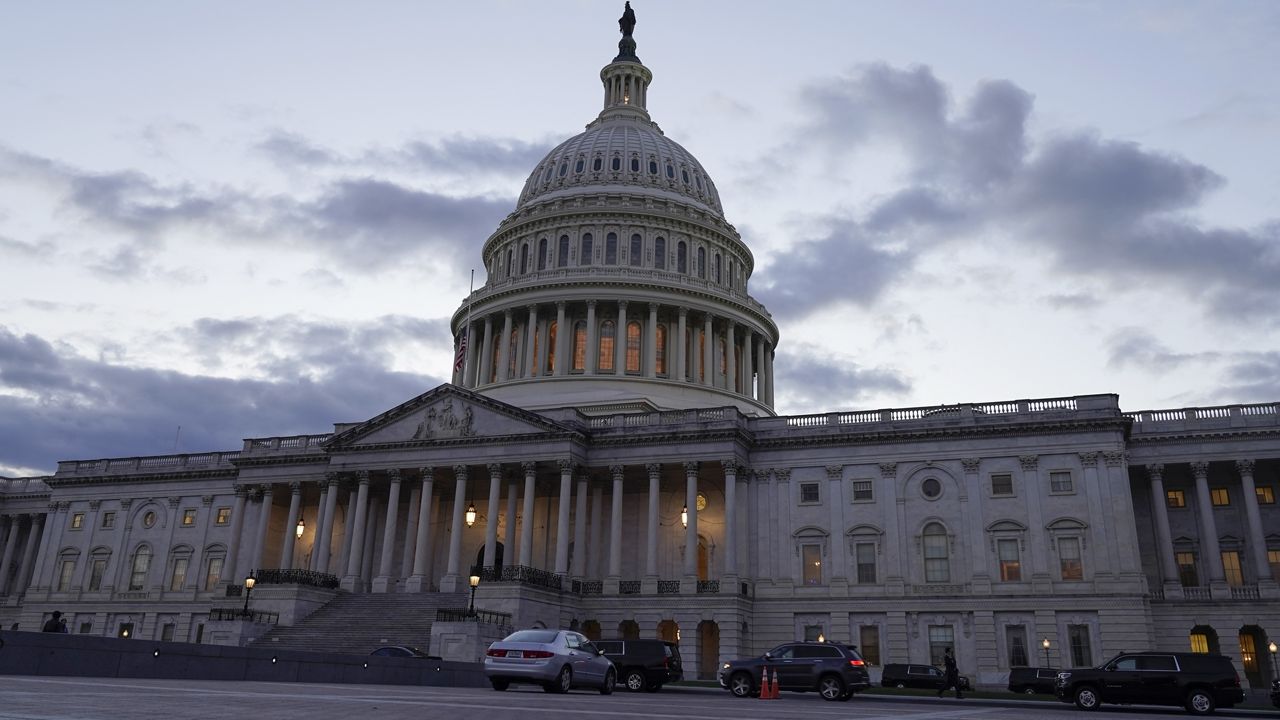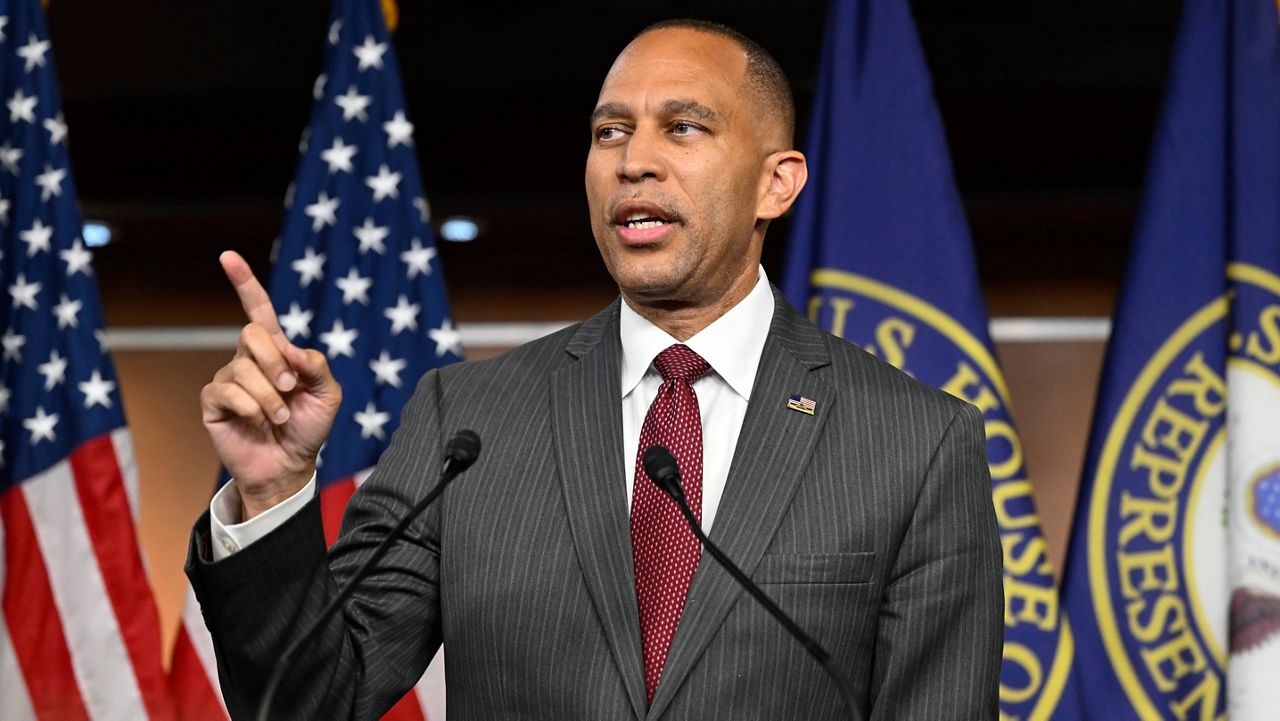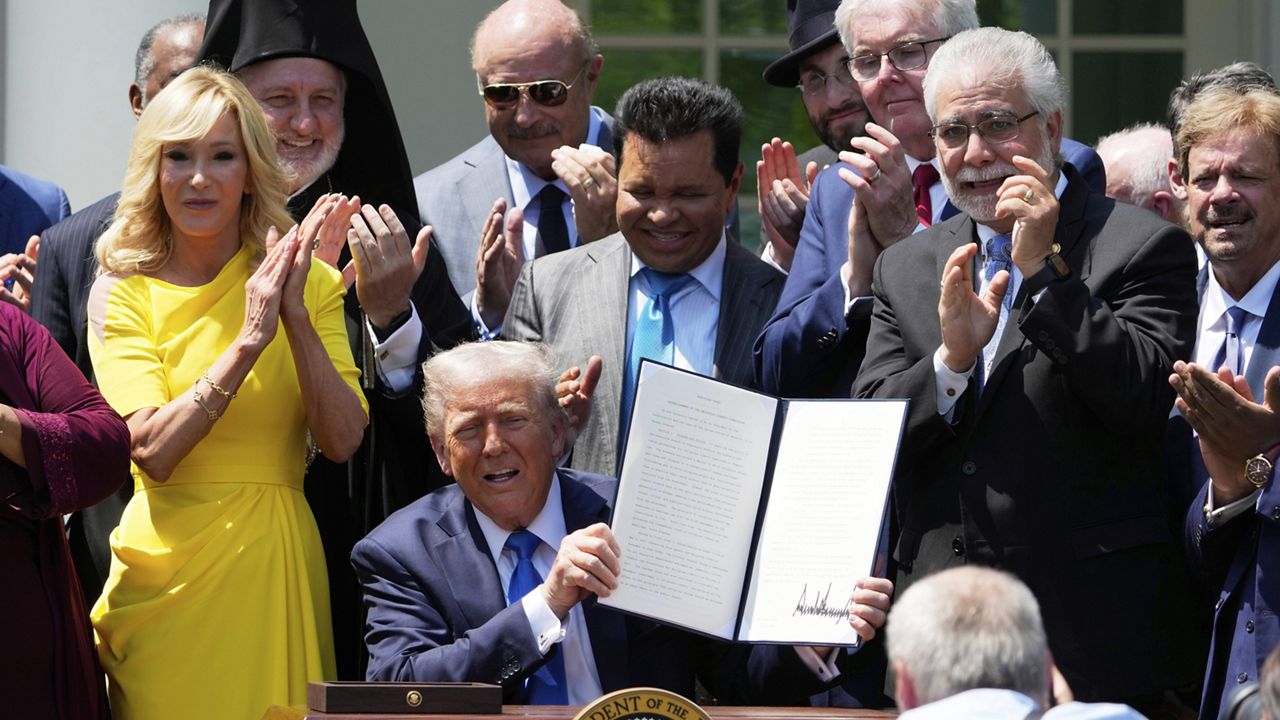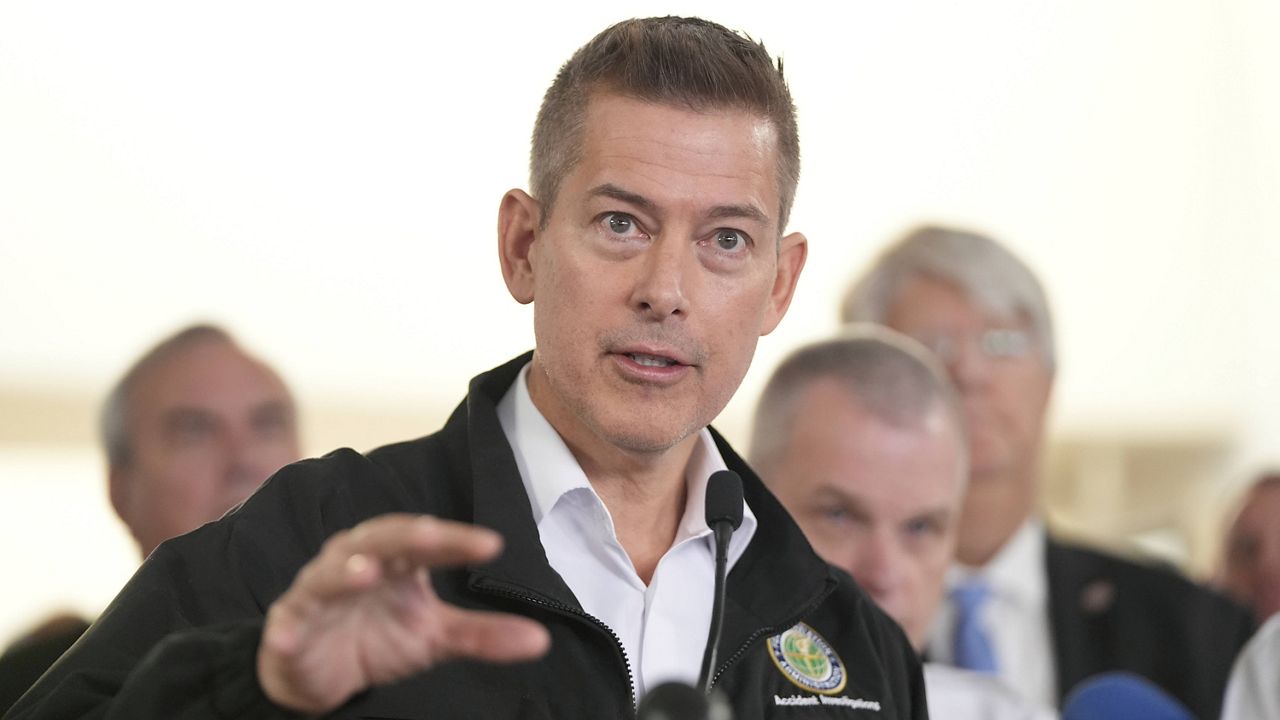Lawmakers on Capitol Hill are kicking off a critical week before they leave town for the holidays with a hefty priority list — and no sign a major breakthrough on border negotiations, which has become key to unlocking President Joe Biden’s request for billions in foreign aid, is near.
On Monday, the lead negotiator on border talks for Senate Republicans, Sen. James Lankford, R-Okla., told CNN there was “no way” those involved in working out a deal could reach an agreement before the end of the week. The key question, he said, is whether Congress stays in Washington next week to continue hashing out a deal.
It comes as in separate interviews on Sunday, both Lankford and the lead negotiator for Senate Democrats, Sen. Chris Murphy, D-Conn., emphasized conversations were on-going while, at the same time, giving little indication they were in a better place coming out of the weekend — and into a week in which Ukrainian President Volodymyr Zelenskyy is expected to return to Washington to make a plea for more assistance.
The topic of U.S. aid to Ukraine has been a sticking point in talks over Biden’s more than $100 billion national security package, with Republicans requiring that any additional assistance to the country be accompanied by significant changes to the particularly thorny issue of border policy.
“If I were a cynic, I would say that Republicans have decided to tie support for Ukraine to immigration reform, because they want Ukraine aid to fail,” Murphy said on NBC’s "Meet the Press" on Sunday. “But I'm not a cynic and so we are still trying to resolve some pretty big differences that remain.”
After weeks of fluctuating talks on the issue, Murphy on Sunday called Republicans’ current offer “unreasonable,” adding: “They don't actually get Democratic votes.”
“And I wish Republicans weren't holding Israel aid and aid to Ukraine hostage to the resolution of immigration reform. That being said, we are still in the room, trying to deal with Republican demands,” he said. “We are not going to put Donald Trump's immigration policies into statute. We're not going to do that.”
For Democrats, Murphy said, they are willing to talk about “tightening of some of the rules” to stem the flow of migrants, but the “bottom line” is about not completely shutting down the border to people who are “legitimately coming here to have their lives rescued.”
“So, let's reduce the number of people who are coming here, but let's not shut down the border completely to legitimate claims,” he said.
Displaying what appears to be vast space between the two parties at the negotiating table, lead GOP negotiator Lankford said changes to the Biden administration’s policies must do significantly more than seek to simply “slow down a little bit of the flow.”
“This is not a matter of just let's turn it down a little bit. We've got to figure out how to be able to manage this,” Lankford said on CBS’ "Face the Nation" on Sunday.
For his part, Lankford, who has generally remained more outwardly positive throughout talks, offered a slightly more optimistic outlook on the prospects of reaching a deal.
“We've come a long ways — it's time to be able to finish this, make a decision and do what we can do to be able to help the nation,” he said. “We can't do everything on the border. But we can do the things to actually begin to control the border so that the United States is in control of our boundaries, not the cartels.”
However, asked if he can get House Republicans — who want their Republican-priority-packed border bill included in the package — to support a deal that can also garner Democratic votes in the Senate, Lankford was less confident.
“We're gonna find out on that note,” Lankford said. “Speaker [Mike] Johnson has not given me the red line of what it has to be on this, obviously, it's got to be able to pass the Senate.”
Murphy said he expects the White House — which has been blaring the alarm that the U.S. will soon run out of funding to support Ukraine — to get more directly involved in talks this week.
“Of course when you're talking about something as complicated as border security, you need the White House engaged, because you need to know whether they're going to sign the bill,” Murphy said.
Last week, Biden himself delivered a personal, urgent plea to lawmakers to pass his supplemental funding request before the end of the year, warning failure to do so would be a “gift” to Russian President Vladimir Putin.
In a particularly notable comment given the package’s hangup on border policy, Biden said he is willing to make “significant compromises” on the issue.
“But in terms of changes in policy and to provide resources we need at the border, I’m willing to change policy as well,” the president said. “I’ve asked for billions of dollars for more border agents, more immigration judges, more asylum officers.”
Biden’s more than $100 billion supplemental request includes billions for Ukraine amid Russia’s invasion, Israel as it battles Hamas, the Indo-Pacific as China exerts its influence in the region and the U.S.-Mexico border.
Republicans argue the U.S. should not prioritize aid to other countries without addressing America's own security threats related to the border.
"What you hear from so many people is why would we deal with other people's national security and ignore American national security? Why would we literally allow people across our southern border, this administration labels national security risk by the thousands coming into the country?" Lankford said on Sunday. "Why would we not work to be able to stop that? We can do two things at once for the United States of America."








